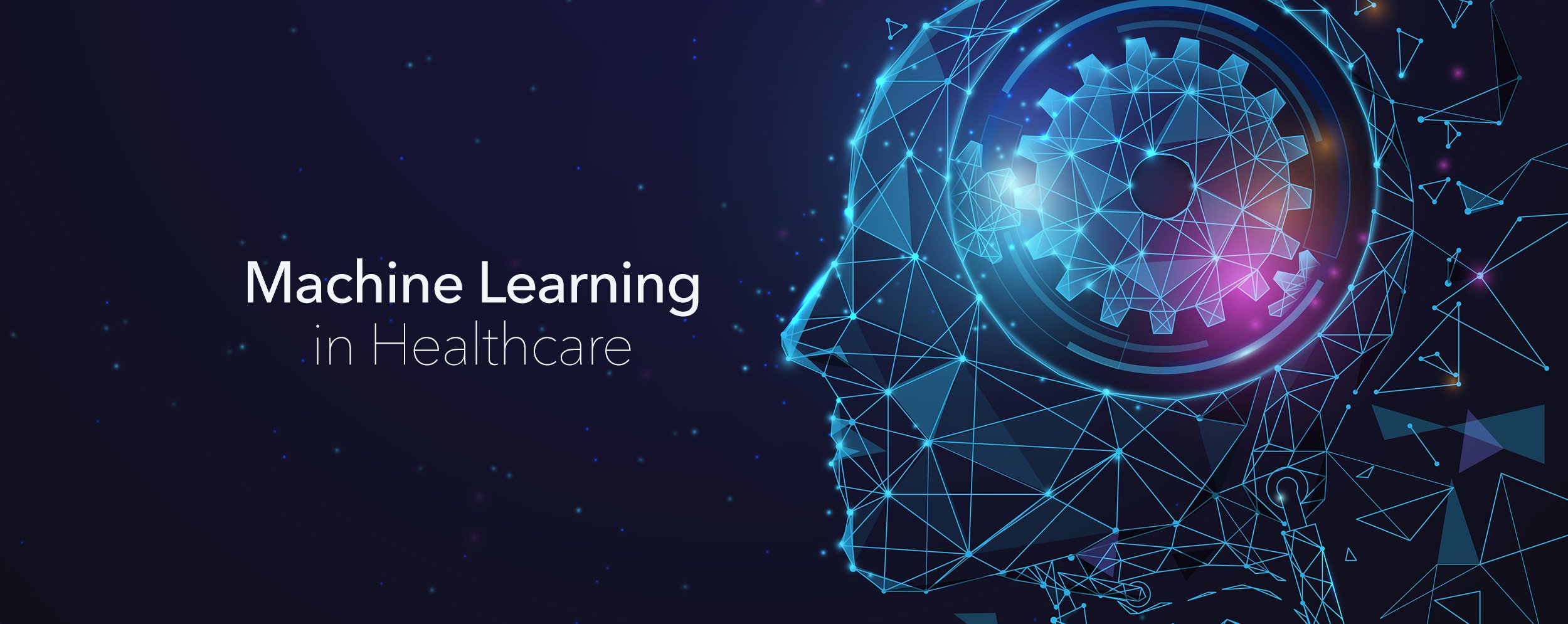Pulse of Information
Stay updated with the latest news and insights.
Machine Learning: The Unseen Puppet Master of Modern Technology
Discover how machine learning secretly shapes our world, driving innovation and transforming technology in unexpected ways!
How Machine Learning Algorithms Shape Our Daily Lives
Machine Learning Algorithms have become an integral part of our daily lives, influencing a myriad of processes we often take for granted. From the moment we unlock our smartphones using facial recognition to the personalization of our streaming services, these algorithms are at work analyzing vast amounts of data to make our interactions smoother and more intuitive. For example, e-commerce websites use machine learning to recommend products based on our browsing history, ensuring that each user experiences a tailored browsing experience that increases the likelihood of purchases.
Moreover, machine learning algorithms play a crucial role in enhancing our safety and convenience. In transportation, algorithms help optimize route planning in navigation apps, predicting traffic patterns to offer the quickest route to our destination. They also power virtual assistants like Siri and Alexa, allowing for voice recognition and enabling users to control smart home devices effortlessly. As these technologies continue to evolve, it's clear that machine learning is not just shaping our present but also promising an even more connected and efficient future.

The Role of Machine Learning in Enhancing User Experience
Machine learning has revolutionized the way we understand and enhance user experience across various digital platforms. By analyzing vast amounts of data, machine learning algorithms can predict user behavior, preferences, and needs. For instance, recommendation systems used by streaming services or e-commerce sites leverage machine learning to provide personalized suggestions based on previous interactions, ultimately leading to higher user satisfaction and engagement. This level of personalization not only improves the user's journey but also increases conversion rates for businesses.
Moreover, machine learning facilitates real-time adjustments to user interfaces through adaptive design. Websites and applications can utilize machine learning to dynamically change layouts, features, and content based on user interactions and feedback. Such adaptability ensures that users are presented with the most relevant information and options, streamlining their experience. In addition, machine learning plays a critical role in detecting and addressing usability issues by analyzing user interactions and highlighting areas that may require improvement. This proactive approach to user experience design significantly enhances overall satisfaction and retention.
What Are the Ethical Implications of Machine Learning in Technology?
The rapid advancements in machine learning technology raise significant ethical concerns that must be addressed. One key implication is the potential for bias in algorithms, which can lead to discriminatory outcomes against certain groups based on race, gender, or socioeconomic status. For instance, if the data used to train these models reflects existing societal inequalities, the resulting decisions made by the algorithms can perpetuate these issues. Thus, it is crucial for developers to implement rigorous bias detection and mitigation strategies to ensure fairness across different demographics.
Another important ethical consideration is the transparency of machine learning algorithms. Many of these systems operate as 'black boxes,' where the decision-making processes are not easily understood by users or those affected by their outcomes. This lack of clarity can undermine accountability, making it difficult to challenge or appeal decisions that might negatively impact individuals. Consequently, fostering a culture of openness and establishing regulatory frameworks that promote explainability in machine learning systems is essential for maintaining public trust and ensuring ethical standards in technology.